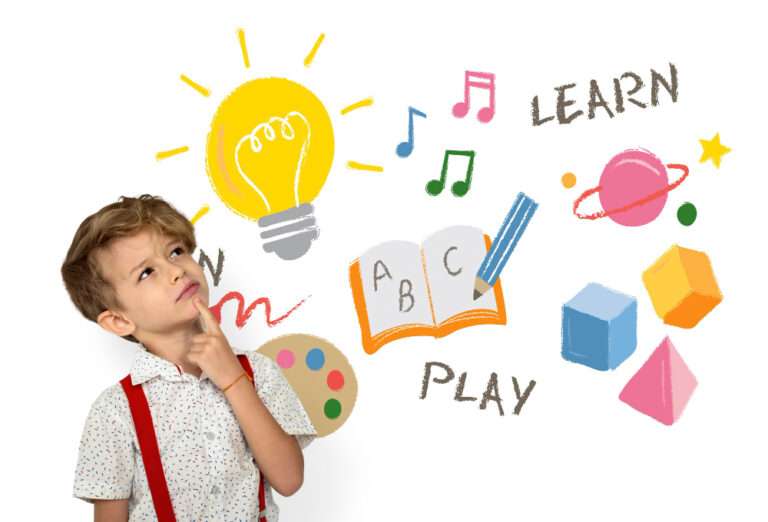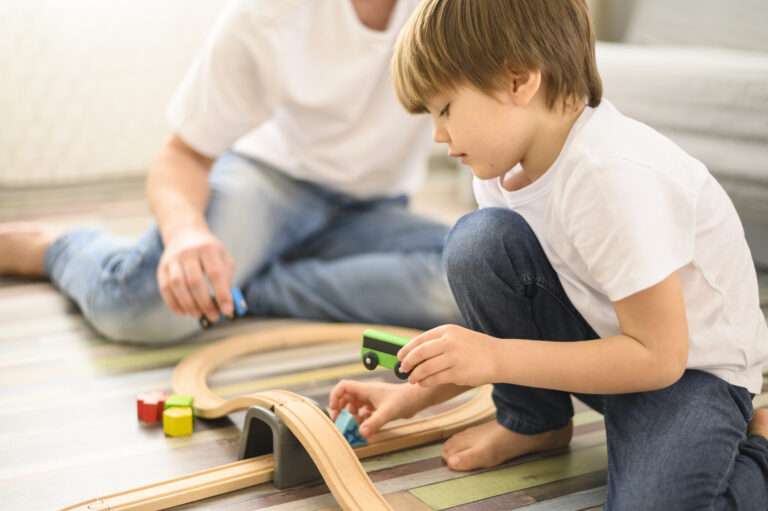Bipolar disorder in children
Bipolar disorder in children and adolescents is a mental health condition characterized by significant shifts in mood, energy, activity levels, and behavior. These mood episodes can be manic, depressive, or mixed.
Symptoms of Bipolar Disorder in Children
- Manic Episodes: Children may exhibit intense happiness or silliness for long periods, a very short temper or irritability, rapid speech, trouble sleeping but not feeling tired, inability to focus, excessive involvement in risky activities, and inflated self-esteem.
- Depressive Episodes: Symptoms include frequent and unprovoked sadness, lack of interest in activities they used to enjoy, increased irritability, sleep disturbances, low energy, social withdrawal, sensitivity to rejection or failure, concentration problems, and thoughts of death or suicide. Physical complaints like headaches or stomachaches may also occur.
Causes
The exact causes of bipolar disorder in children are not fully understood, but it’s believed to be a combination of genetic and environmental factors. Children with a family history of bipolar disorder are at a higher risk. Traumatic or stressful life events can also trigger the disorder in genetically predisposed individuals. Brain structure and function might also play a role.
Diagnosis
Diagnosing bipolar disorder in children is complex due to symptom overlap with other disorders like ADHD, major depression, and anxiety disorders. Diagnosis involves a thorough evaluation by a mental health professional, which may include a physical examination, medical history, mental health evaluation, and input from teachers and caregivers.
Treatment
Treatment for bipolar disorder in children typically involves a combination of psychotherapy and medications. Psychotherapy options include psychoeducation, family-focused therapy, chronotherapy, and interpersonal and social rhythm therapy. Medications used are mood stabilizers and antipsychotic drugs. It’s crucial to monitor for side effects and not to abruptly stop medication without consulting a healthcare provider.
Managing Bipolar Disorder
Treatment is a lifelong commitment, and finding the right combination of therapies can take time. It’s important for the child to continue with the treatment plan even if it takes time to find the most effective approach. Support from family and caregivers is crucial in managing the condition.
Prevention
Currently, there is no known way to prevent bipolar disorder. However, early diagnosis and treatment can improve quality of life.
It’s important to seek professional help if you suspect that your child may have bipolar disorder. The condition can be challenging to manage, but with proper treatment, children and teens with bipolar disorder can lead full and productive lives.
Guides
- The Bipolar Child: The Definitive and Reassuring Guide to Childhood’s Most Misunderstood Disorder, Third Edition
- What Works for Bipolar Kids: Help and Hope for Parents
- Beyond Behaviors: Using Brain Science and Compassion to Understand and Solve Children’s Behavioral Challenges
------------From our Sponsors------------









